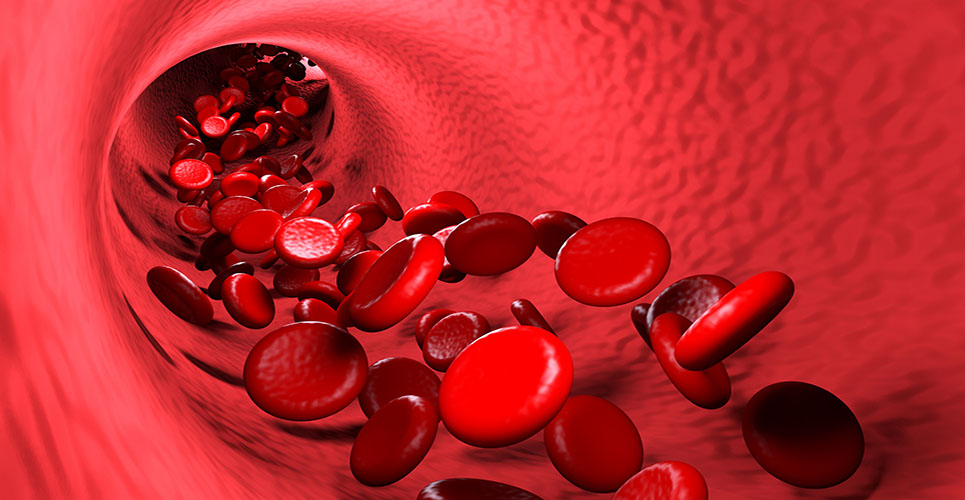teaser
Mitsubishi Pharma Europe has announced the UK launch of Exembol® (argatroban), indicated for anticoagulation in adult patients with Heparin-Induced Thrombocytopenia type II (HIT) who require parenteral antithrombotic therapy. Exembol® is the only treatment licensed for the indication that is predominantly metabolised by the liver, making it suitable for patients with renal impairment.
Exembol® is a selective direct thrombin inhibitor that reversibly inhibits both free and clot-bound thrombin.[1] Anticoagulant effects are produced rapidly with a predictable dose response effect.[2] Exembol® has a short half- life[1] and its anticoagulant effects are rapidly reversible.[2]
Studies show that Exembol® is well tolerated and improves patient outcomes in HIT.[3] A study of 497 patients demonstrated that Exembol® therapy significantly reduced the risk of new thrombosis and death due to thrombosis in patients with HIT compared to a historical control group.[3] In addition the Exembol® treated patients had a more rapid recovery of platelet count. These benefits were realised without an increased bleeding risk compared with historical control group patients who had received standard treatment at that time.[3] Exembol® has also been shown to provide effective anticoagulation in patients with renal dysfunction or failure,[4] conditions often associated with HIT patients in an intensive care unit setting.
Says Dr Bernard Dean of Mitsubishi Pharma Europe Ltd: “HIT can be a life threatening complication of heparin therapy and HIT patients have a very high risk of developing venous or arterial thrombosis [4]. Exembol® has been successfully used in Europe and the US for a number of years and a wealth of clinical experience has been gained with Exembol® in HIT management. Its introduction in the UK is timely, with the recent withdrawal of lepirudin (Refludan®).”
Treatment with Exembol® is recommended by the American College of Chest Physicians (ACCP) in patients with HIT and HIT with thrombosis with normal or impaired renal function.[5]
Heparin-Induced Thrombocytopenia type II is an antibody-mediated adverse drug reaction that can lead to devastating thromboembolic complications, including pulmonary embolism, ischaemic limb necrosis necessitating limb amputation, acute myocardial infarction, and stroke. Initial treatment involves the immediate cessation of all forms of heparin treatment. However, the highest risk of thrombosis occurs in the first few days after stopping heparin treatment. An alternative non-heparin, rapidly acting anticoagulant therapy is recommended once a clinical diagnosis of HIT has been made.[5]
References
- Exembol (argatroban) Summary of Product Characteristics. 2012
- Swan SK, Hursting MJ. The pharmacokinetics and pharmacodynamics of argatroban: effects of age, gender and hepatic or renal dysfunction. Pharmacotherapy 2000;20(3):318-329
- Lewis BE et al. Argatroban anticoagulant therapy in patients with heparin-induced thrombocytopenia. Circulation 2001;103:1838-1843
- Hursting MJ, Murray PT. Argatroban anticoagulation in renal dysfunction: a literature analysis. Nephron Clin Pract 2008;109:c80-c94
- Linkins LA et al. Treatment and prevention of heparin-induced thrombocytopenia: antithrombotic therapy and prevention of thrombosis, 9th ed: American College of Chest Physicians Evidence-Based Clinical Practice Guidelines. Chest 2012;141:e495S-e530S

